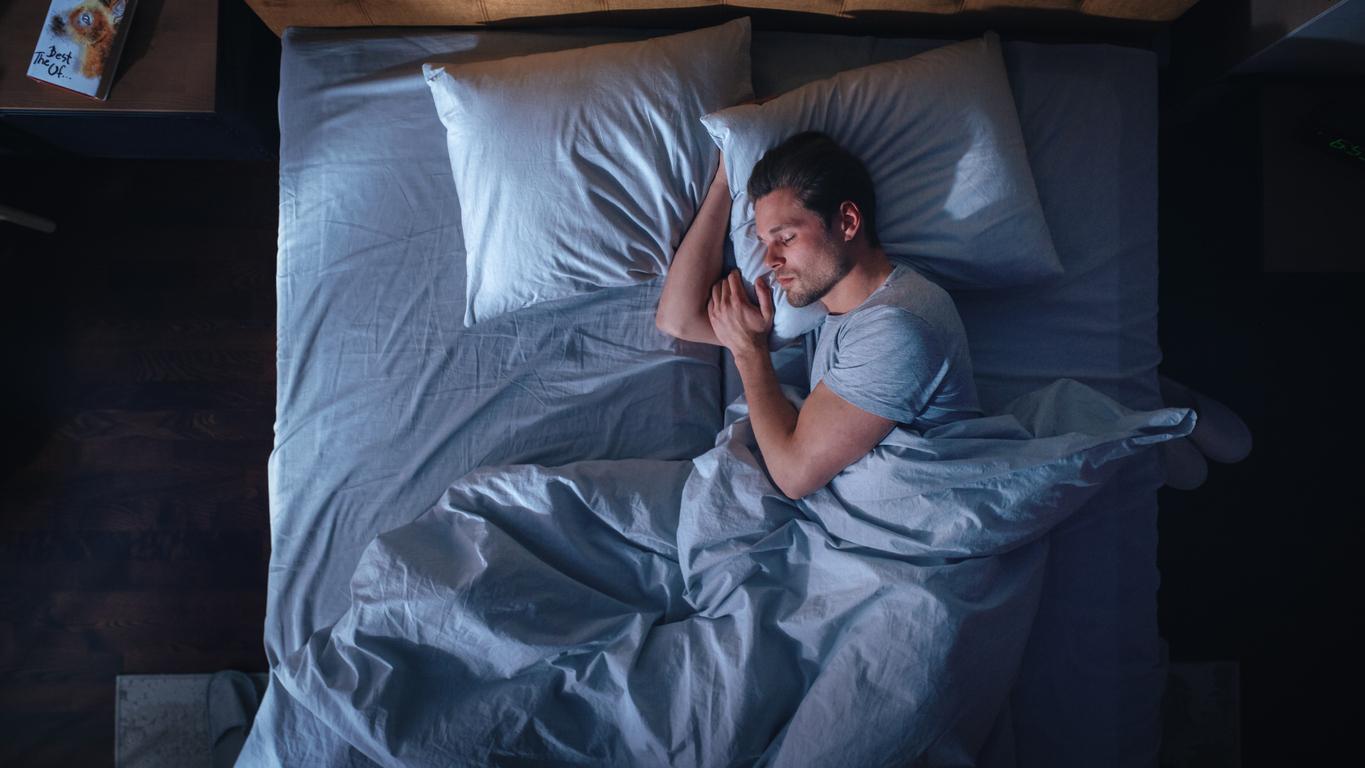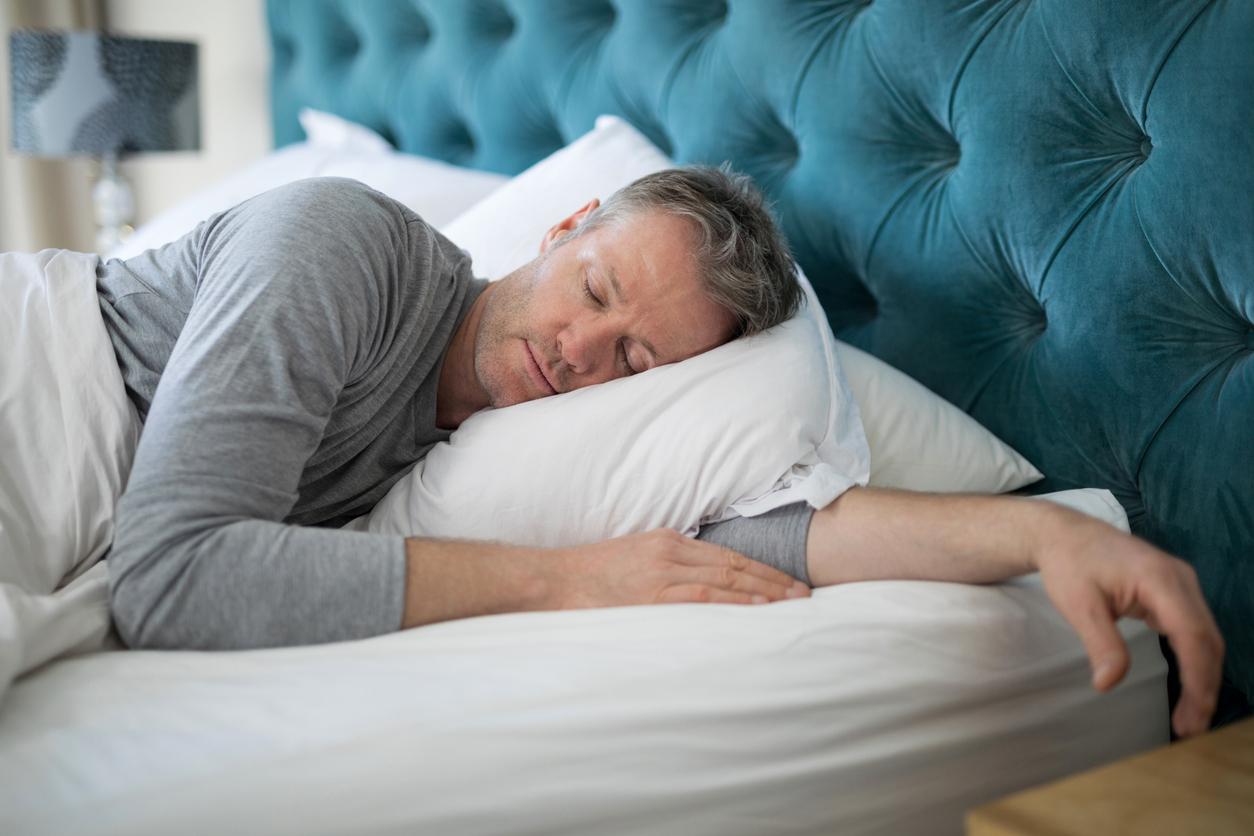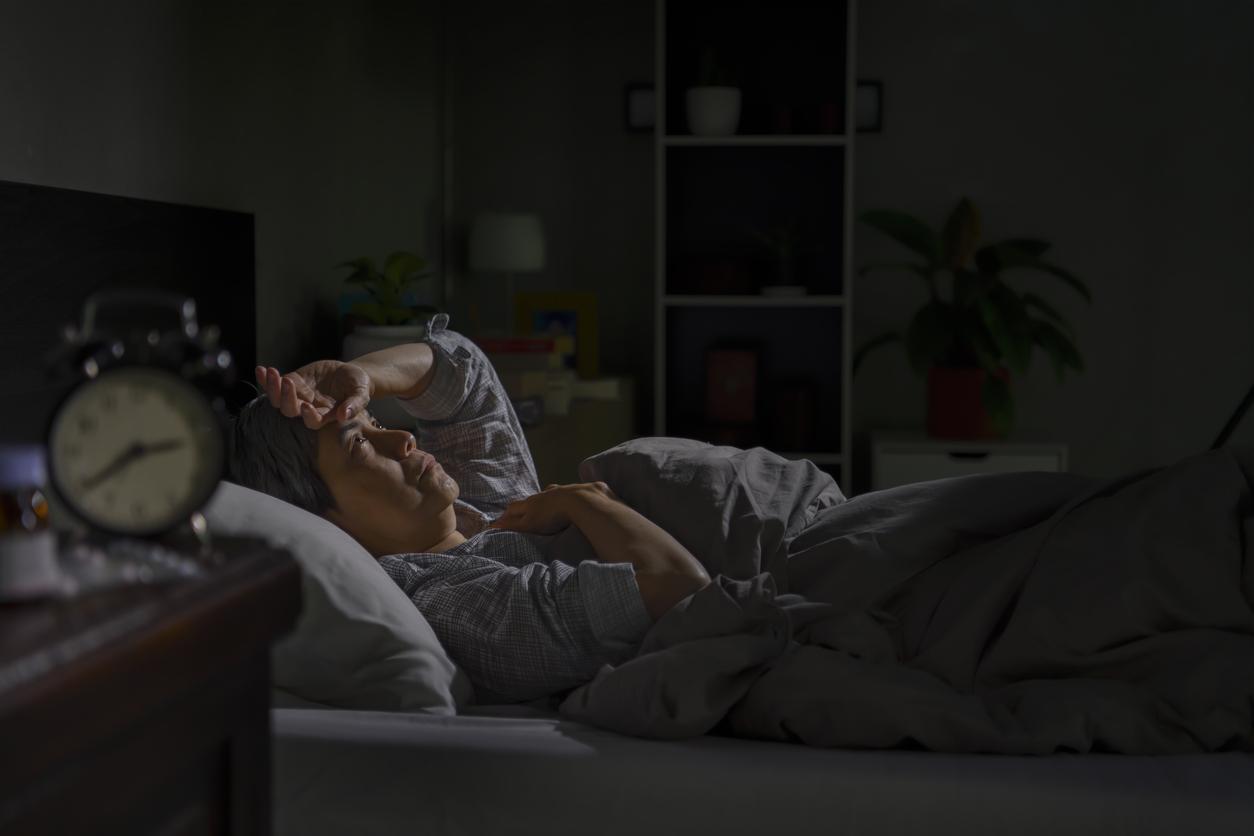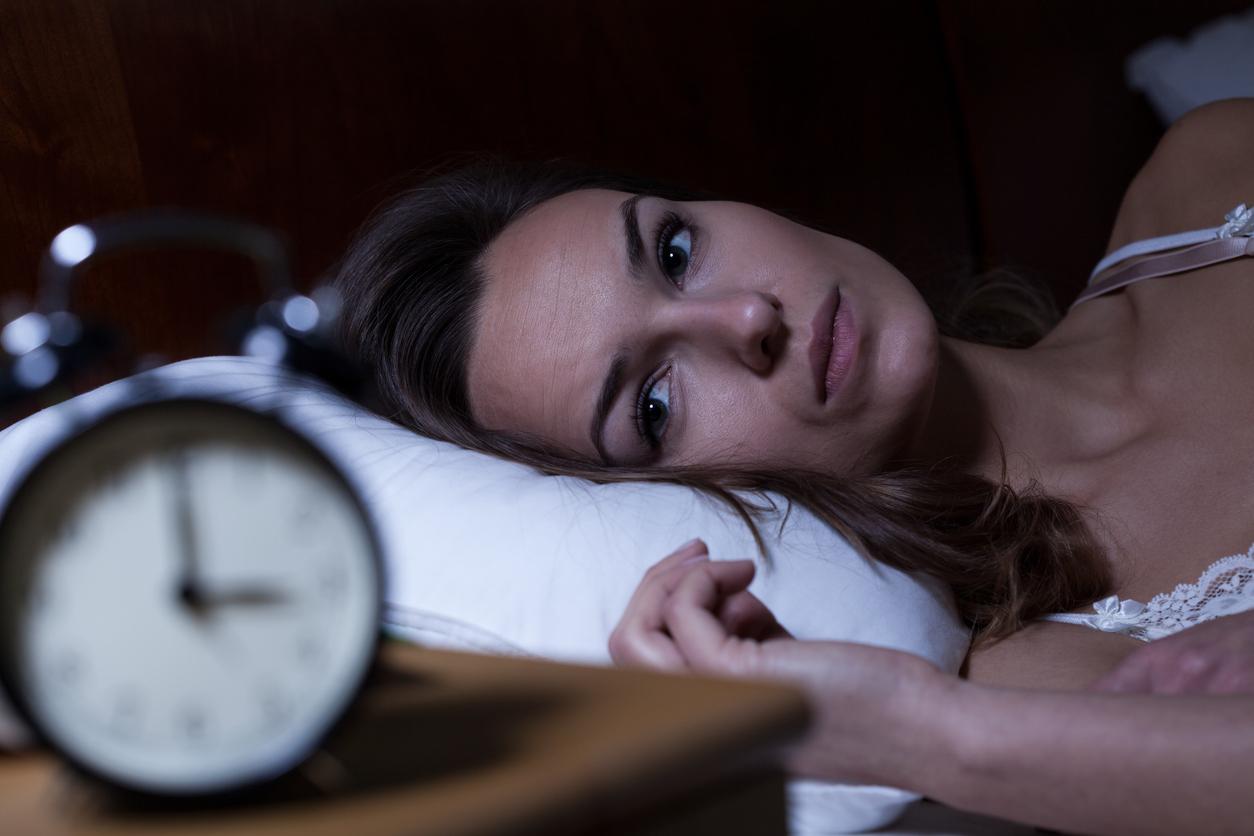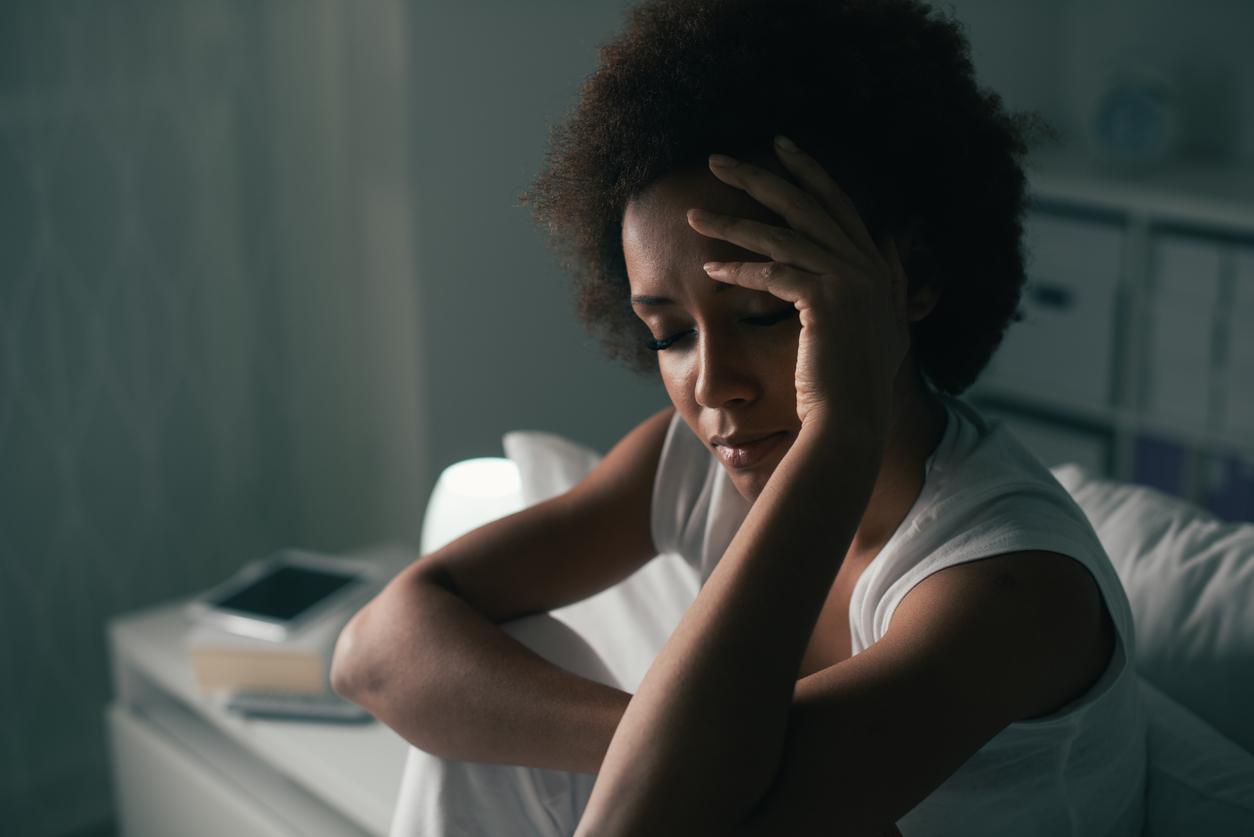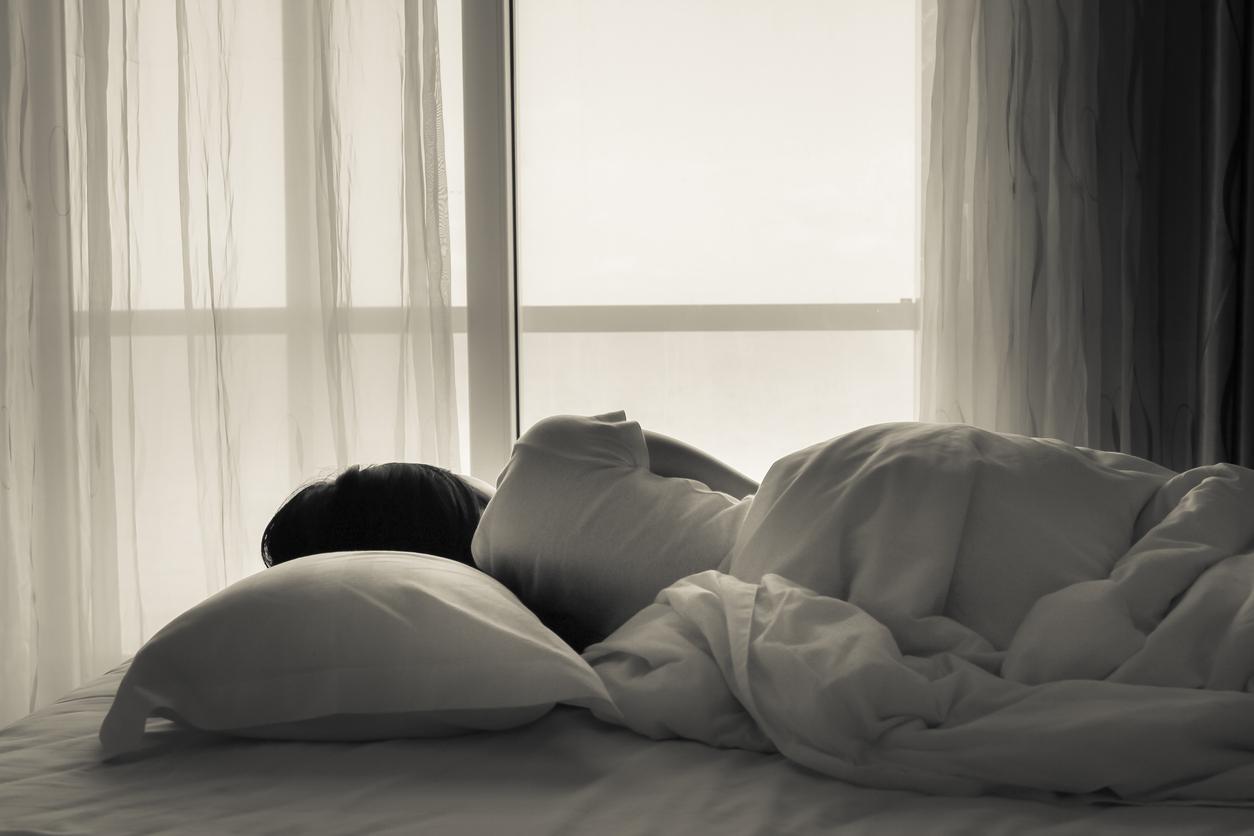Researchers at Columbia Public Health University (USA) have found that the number of hours of nighttime sleep in adolescents has declined over the past 20 years. According to the results of a study published in the medical journal Pediatrics, students and adolescents from lower socioeconomic classes are less likely to get 7 hours or more of sleep every night.
However, getting enough hours of sleep is vital for good health. The ideal length of a night’s sleep differs by age and should be 8-10 a.m. for teens. If they do not reach this optimal sleep count, teens experience impaired thinking and reasoning skills and may be prone to mood swings. Lack of sleep is also associated with weight gain, school problems, and substance abuse.
63% of teens sleep more than 7 hours per night
For their study, the researchers analyzed the epidemiological surveillance data of 272,077 adolescents, between 1991 and 2012. They found that the sleep duration of adolescents had decreased over the past 20 years, and that the greatest decline affected 15-year-olds. “In 1991, 72% of them said they slept more than 7 hours per night. In 2012, the number had fallen to 63%” explain the researchers.
“A lack of sleep can seriously compromise the teenage years, affecting performance in school exams. This negatively affects their state of health but could also affect their future health.”
To confirm their claims, a recent study showed that teens who had trouble sleeping were more likely to be followers of “binge-drinking”, have risky sex or take drugs later. While other research, focusing on being overweight, has shown that teens who accumulate sleep debt have increased risk of obesity from 20% to adulthood.
Read also :
How many hours of sleep do we need to be in good shape?
Infographic: all you need to know about sleep










